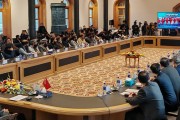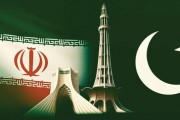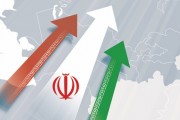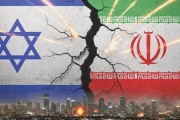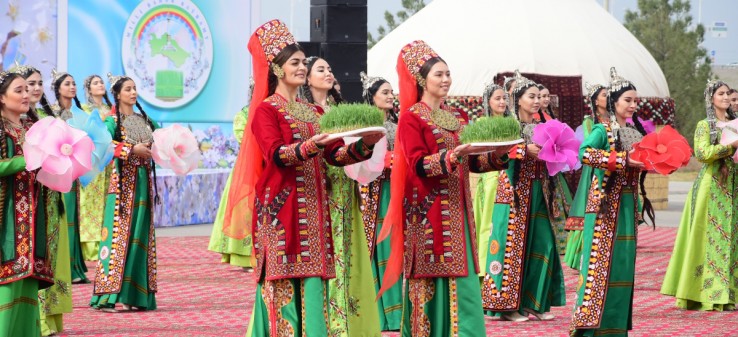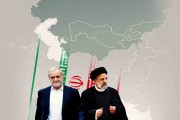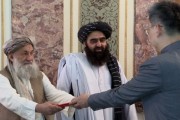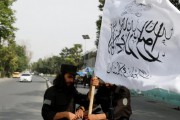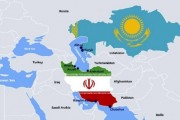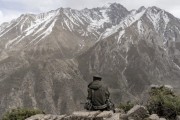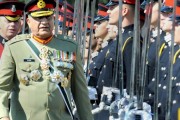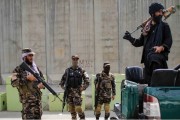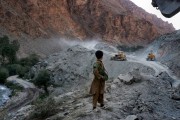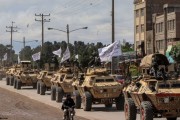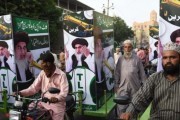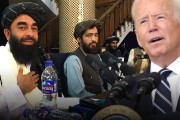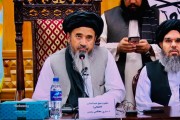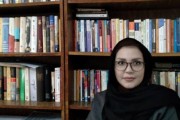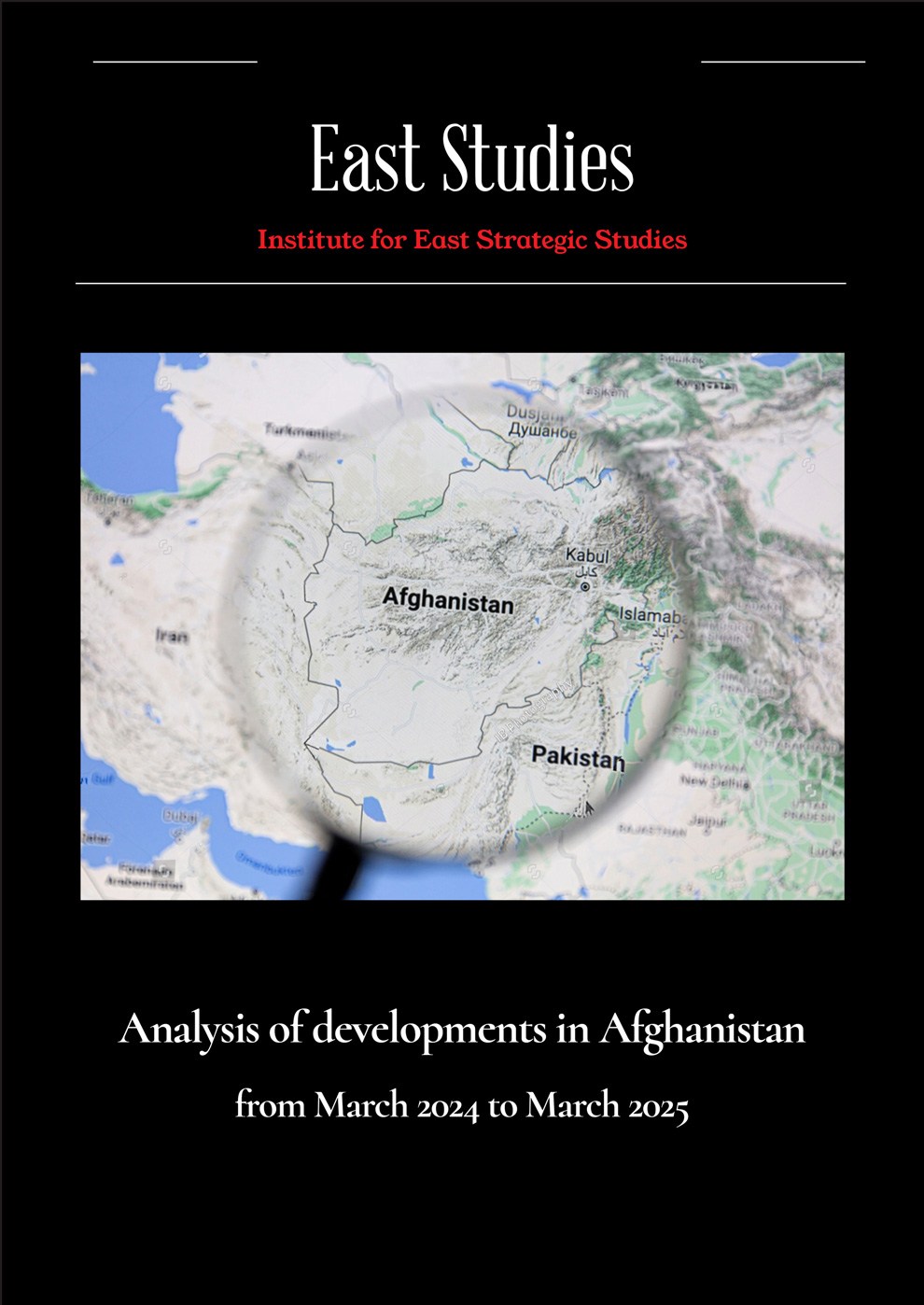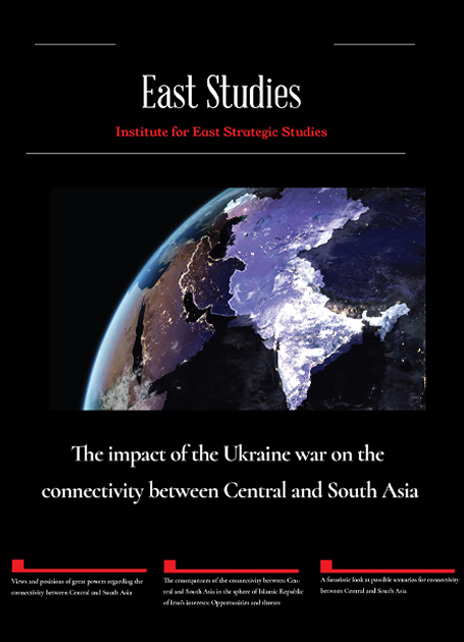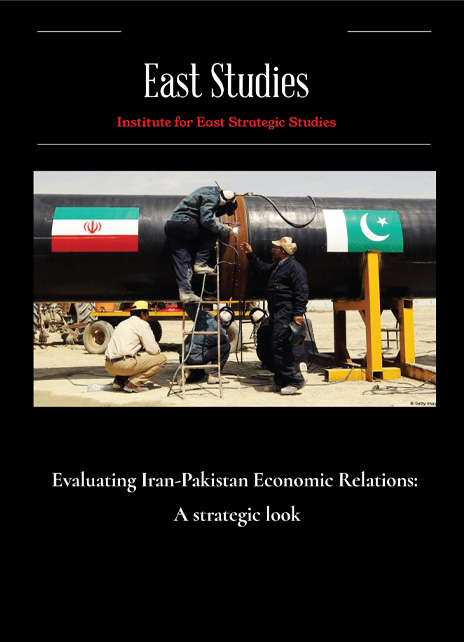Op-ed
1403-12-29 09:46:43
During Nowruz (the Persian New Year, literally means New Day), citizens of various regions of Turkmenistan engage in their traditional ceremonies. These include lighting fires (Şam-od) and jumping over them, growing sabzeh (greenery), organizing Nowruz ...
The 14th government is expected to maintain and strengthen the neighborhood policy approach of the 13th government towards Central Asia, while dealing with structural weaknesses, and implement a more ...
29 Jul 2024 - 11:53
The complexity of multi-layered and multi-faceted relations in Central Asia naturally has many strategic outputs, which can also be considered as part a multi-faceted new Great Game in the region. Among ...
14 Oct 2023 - 12:35
Since the fall of the republic government in Afghanistan, we have witnessed the gradual importance of Afghanistan for China, and Beijing's special approach to Kabul. The clear message of Beijing’s recent ...
8 Oct 2023 - 10:18
Khaf-Herat Railway is an old project that dates back to the Daud Khan period in the 1970s. Due to the outbreak of wars in Afghanistan, the implementation of this plan was postponed for several decades....
14 Aug 2023 - 07:40
The United Nations Security Council (UNSC), as the security arm of the United Nations, periodically reviews the latest situation of Islamic State of Khorasan Province (ISKP) by two separate teams. A comparative ...
10 Jul 2023 - 14:31
According to the systemic theory in political studies, the institution of power is a dynamic and living system, and if it cannot adapt itself to the surrounding environment, its survival and durability ...
24 Jun 2023 - 08:18
Strategic partnership is an upgraded level of relations between countries. This partnership has some strategic features, but its level of commitments is lower. Economy has a very decisive role in this ...
1 Jun 2023 - 14:57
Americans' evaluation of the consequences of withdrawing from Afghanistan is as this: the Taliban's relationship with China is improving; its relationship with Russia is not something to Washington’s ...
20 Feb 2023 - 12:37
The Second Resistance, which has been active in Afghanistan for more than a year, is still lacks an un-contradicted narrative. This vacuum causes the resistance to show ambiguous and double behaviors....
28 Jan 2023 - 10:26
From Britain’s point of view, Pakistan has weakened the political leverage of Western powers in South Asia, due to interaction with China and some regional powers. Hence, investing in soft power, including ...
12 Dec 2022 - 12:46
After the American withdrawal from Afghanistan and putting an end to the occupation of this country, one of the most important issues is the position of Taliban's Afghanistan in the foreign and security ...
5 Nov 2022 - 13:39
During the last year, Afghanistan has been in a tense phase of transition from the "American-centered security order" to a "Taliban-centered security order", although the new security order has not been ...
26 Oct 2022 - 11:04
Afghanistan owns crucial and valuable natural resources that their estimated value is more than 3 trillion dollars. Now, Economic powers are eyeing natural resources of Afghanistan, and currently this ...
11 Oct 2022 - 09:05
With the assassination of al-Zawahiri, the U.S intended to declare another form of its presence in Afghanistan and the region. This show, was coincided exactly with the anniversary of merica's withdrawal ...
24 Sep 2022 - 12:59
The Taliban government is facing three types of security threats of internal origin: The threat of opposition armed forces known as resistance fronts; the threat of disgruntled commanders separated from ...
6 Aug 2022 - 11:03
One of the most important sects of Sunnis in South Asia is the Barelvi sect, which is a mixture of Sunni Islam and Sufism. The Barelvis make up about 50% of Pakistan's Muslim population and usually live ...
24 Jul 2022 - 08:18
Jihad is considered a sacred issue for the Taliban. However, it has weakened the group’s position in Afghanistan, the region and international community in the current situation and will postpone the ...
25 Jul 2022 - 11:53
The book of Mowlavi Abdul Hakim Haqqani, the Chief Justice of the Supreme Court of the Islamic Emirate of Afghanistan, entitled The Islamic Emirate and Its System, is considered as the political-religious ...
11 Jul 2022 - 08:13
Following the rise of the Taliban, the region’s atmosphere has become much securitized. The increase of border tensions and using these tensions to gain the attention of the regional and global rivals ...
26 Jun 2022 - 13:56
Following the fall of the Islamic Republic of Afghanistan and the rise of the Taliban to power, many young, skilled and educated Afghan forces left their own country. This brain drain will have a series ...
11 Jun 2022 - 09:32




